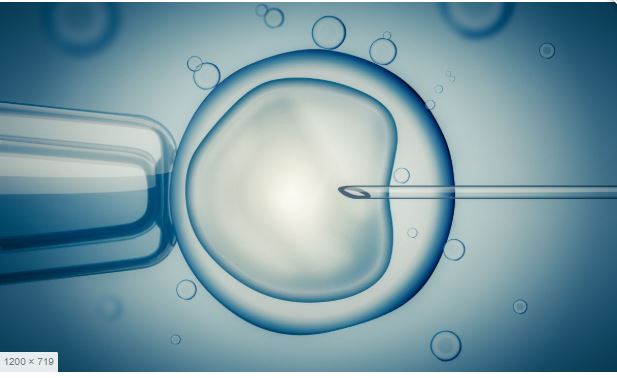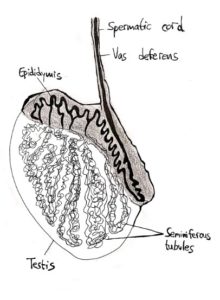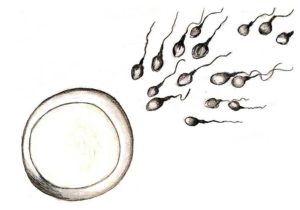The hallmark of a cancer cell, and what distinguishes it from many other cell types, is that it
continuously divides. This is the quality that chemotherapy drugs attempt to target as they try to
distinguish and kill cancer cells.
However, sperm cells are constantly dividing and developing as well, and they are thus easy
targets for chemotherapy drugs when a patient is undergoing cancer treatment. If all of the
immature cells in the testiles are damaged by the treatment, it could result in permanent
infertility if the damage prevents them from producing more sperm cells. In some cases, sperm
production will return after treatment ends.
There are many different types of chemotherapy drugs, some of which have a higher or lower
risk of causing male infertility. Although it may seem overwhelming, it is important to discuss
with one’s doctor, prior to beginning treatment, what effects it may have on one’s fertility, and to
learn about options for fertility preservation.



